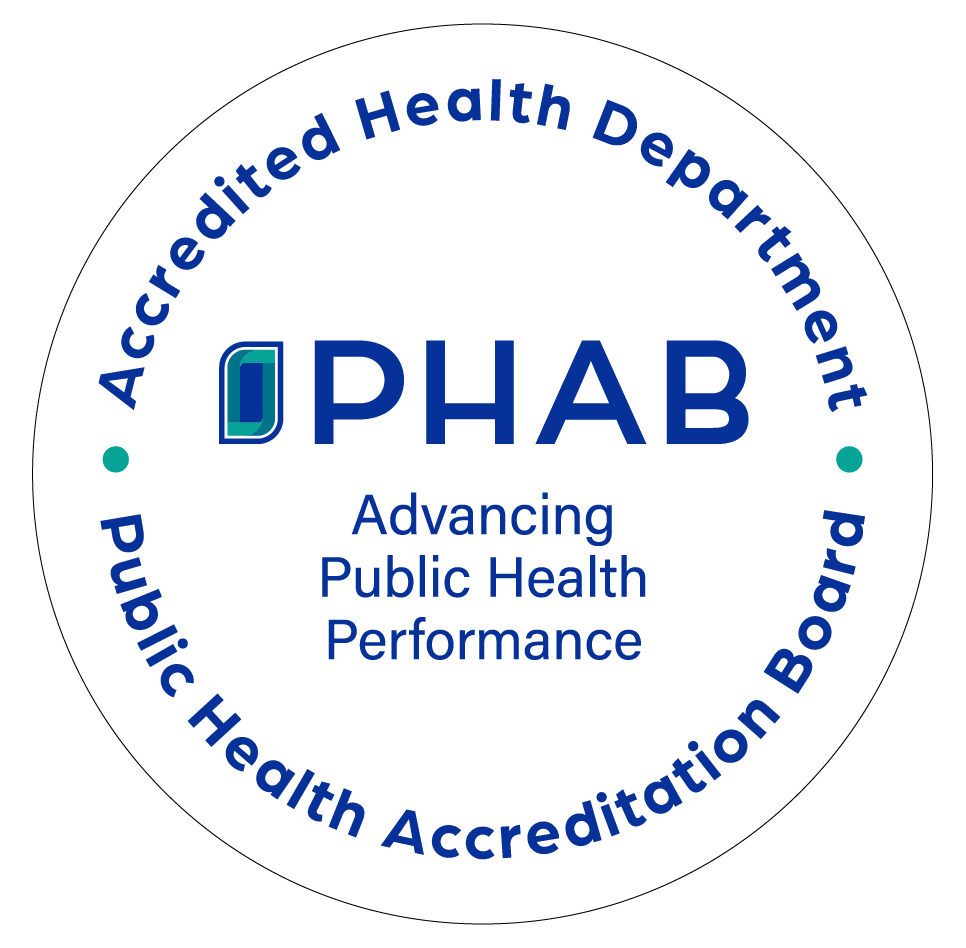- Bereavement Resources
Losing a loved one to a drug overdose can be a traumatic event, one that can be made worse by the stigmas surrounding substance use disorder. No one should handle this grieving process alone. Support groups, seminars, and online resources are listed below.
The Crisis Text Line
If your grief is causing a crisis situation and you do not know which way to turn, there is immediate help available. The Crisis Text Line serves anyone, in any type of crisis, providing access to free, 24/7 support and information via text. Here’s how it works:
- Text HOME to 741741 from anywhere in the United States about any type of crisis.
- A live, trained crisis counselor receives the text and responds quickly.
- The volunteer crisis counselor will help you determine the next step.
GriefShare
GriefShare is a 13-week program focused on helping people learn how to understand their grief and move forward again. GriefShare groups meet weekly and consist of three elements: video seminars with experts, support group discussions, and work-based personal study and reflection. GriefShare seminars and support groups are led by people who understand what you are going through and want to help. Find a group in Indiana for meetings from their official website or by calling the phone number listed below.
Phone number: 800-395-5755
Indiana Funeral Directors Association
The Indiana Funeral Directors Association has compiled a list of grief support services including anonymous online resources, grief support groups, and one-on-one counseling from a licensed therapist. The list includes resources for both parents and children, as well as general and preventative resources.
Look Up Indiana
Look Up Indiana is an online resource that connects individuals who are facing mental illness, substance use disorder, or behavioral health issues with the necessary resources to acquire treatment, including counselors, residential and inpatient providers, recovery residences, shelters, support groups, and more. This resource hub also houses grief support groups, which users can find by using the online portal, the online chat, calling 800-284-8439, or texting LOOKUP to 494949.
Substance Abuse and Mental Health Services Administration (SAMHSA)
SAMHSA’s National Helpline, 1-800-662-HELP (4357), is a free and confidential 24/7/365 information service provided in English and Spanish for individuals and family members facing mental health challenges and/or substance use disorders. This service provides referrals to local treatment facilities, support groups, and community-based organizations. Callers can also order free publications and other information.
- IDOH Resources
Oral Health
The Oral Health Program at IDOH offers a continuing education course for dental health professionals titled Dentistry and Basic Non-opioid Prescribing in Pain. Upon completion of the course with a passing score, the participant will be awarded a certificate of completion from IDOH. To learn more about the course, please visit the Oral Health Website.
The Oral Health Program at IDOH also offers the Dentistry and Basic Non-opioid Prescribing in Pain course and The Opioid Crisis and Orofacial Pain Management course for information purposes, and participants do not receive a certificate upon completion. These courses can be found here.
Harm Reduction
The Division of HIV, STI, and Viral Hepatitis at IDOH houses the Harm Reduction & Syringe Service Program, which supports the efforts of local health departments statewide to provide harm reduction and syringe services to their communities through education and technical assistance. You can find on their website the Syringe Services & Harm Reduction Program Manual, a map of the syringe service locations across the state, their schedule and more.
Division of Maternal and Child Health
The Division of Maternal and Child Health at IDOH houses a variety of resources available in both English and Spanish regarding perinatal substance abuse. These resources include a Neonatal Abstinence Syndrome (NAS) algorithm, guidelines for families going home with an infant who has NAS, information on the health effects of opioid use during pregnancy on the mother and baby and more.
- General Public
- CDC Opioid Overdose Website
- CDC What You Need to Know About Prescription Opioids
- CDC Opioids and Chronic Pain Patient Factsheet
- CDC Assessing the Benefits and Harms of Opioid Therapy
- CDC’s PSA YouTube Video Back on Track
- CDC Harm Reduction and Syringe Service Programs
- Aaron's Law and Good Samaritan Law
- 9 Facts about Addiction People Usually Get Wrong
- Prescription Safety
- Know the O Facts Brochure
- Safe Medicine Storage (Spanish)
- What to do if Your Medication is Not Working
- Commonly Prescribed Opioids
- Indiana Syringe Service Programs FAQ - IDOH
- Syringe Service Program Facts - IDOH
- Preventing Fentanyl Overdose - IDOH
- Important Information about Naloxone - IDOH
- The Value of Carrying Naloxone - IDOH
- Paying for Naloxone - IDOH
- Substance Use Disorder and Mental Health - IDOH
- Opt-IN Information - IDOH
- Naloxone Myths Debunked - IDOH
- Indiana Naloxone Legislation - IDOH
- Save a Life: Get Trained on Naloxone - IDOH
- Xylazine for General Public - IDOH
- Xylazine for People with Substance Use Disorder - IDOH
- Drug Overdose in Rural and Urban Counties (SUDORS) - IDOH
- Parents
- Data
- Indiana State Prescribing Map
- CDC Vital Signs Opioid Overdoses
- Opioid Use in Indiana: Marion County
- The Drug Overdose Epidemic in Indiana: Behind the Numbers
- Substance Use Disorder (SUD) and Alcohol, Tobacco, and Other Drugs (ATOD) Use Among Priority Populations in Indiana
For Indiana county-specific mortality and INSPECT data reports, please click here.
Contact
Carrie Bennett
Drug Overdose Prevention Program Director, Division of Trauma and Injury Prevention
cbennett1@health.in.gov
317-232-1392

